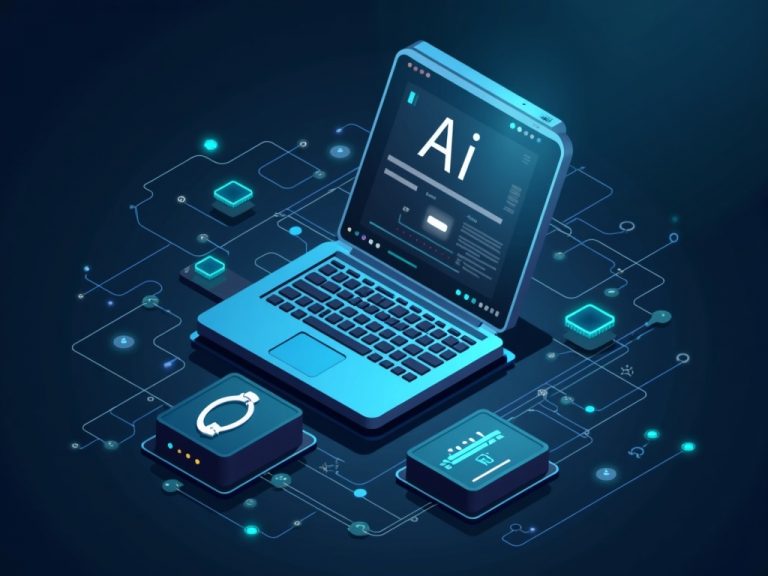
Navigating the Legal Landscape with AI Apps
The intersection of technology and law is becoming increasingly complex, with artificial intelligence (AI) playing an ever-growing role in various industries. In this article, we’ll delve into the world of AI-powered apps that are transforming the legal landscape.
What are AI-Powered Legal Apps?
AI-powered legal apps utilize machine learning algorithms to analyze vast amounts of data, provide insights, and automate routine tasks. These apps can be used for a variety of purposes, including:
- Contract review and analysis: AI-powered apps can quickly scan contracts, identify potential issues, and provide recommendations.
- Document drafting: Apps like AI-powered contract drafting tools can generate customized documents based on user inputs.
- Dispute resolution: Some AI-powered platforms offer mediation services, using algorithms to facilitate negotiations between parties.
Benefits of Using AI-Powered Legal Apps
While the idea of relying on machines to navigate complex legal matters might seem daunting, there are several benefits to using AI-powered apps:
- Increased efficiency: AI can automate routine tasks, freeing up human resources for more strategic and high-value work.
- Improved accuracy: Machines can analyze vast amounts of data without getting tired or making mistakes, ensuring higher accuracy in results.
- Cost savings: Using AI-powered apps can reduce the costs associated with manual document review, contract negotiation, and other time-consuming tasks.
Challenges and Limitations
While AI-powered legal apps show great promise, there are several challenges and limitations that need to be addressed:
- Data quality: The accuracy of AI output is only as good as the data it’s trained on. Poor-quality data can lead to incorrect or misleading results.
- Regulatory compliance: AI-powered apps must comply with relevant laws and regulations, which can be a complex and time-consuming process.
- Explainability: As AI becomes more prevalent in legal decision-making, there is a growing need for transparency and explainability.
Best Practices for Implementing AI-Powered Legal Apps
If you’re considering implementing AI-powered legal apps in your organization, here are some best practices to keep in mind:
- Conduct thorough research: Understand the capabilities and limitations of various AI-powered apps before selecting one.
- Ensure data quality: Take steps to ensure that the data used to train AI algorithms is accurate and complete.
- Develop clear policies: Establish clear guidelines for using AI-powered legal apps, including procedures for audit trails and documentation.
Conclusion
The use of AI-powered legal apps is transforming the landscape of law, offering increased efficiency, accuracy, and cost savings. However, it’s essential to be aware of the challenges and limitations associated with these technologies and to develop best practices for implementation. As AI continues to evolve, we can expect even more innovative applications in the field of law.
Future Developments
The intersection of technology and law is constantly evolving, with new AI-powered apps and tools emerging all the time. Some potential future developments include:
- More advanced contract review: AI-powered contract review tools may become even more sophisticated, using machine learning to identify complex issues and provide customized recommendations.
- Integration with other legal platforms: AI-powered apps may be integrated with other legal platforms, such as case management systems or document management software.
- Increased use in dispute resolution: AI-powered mediation and negotiation platforms may become more prevalent, offering a new approach to resolving disputes.
By staying up-to-date with the latest developments in AI-powered legal apps, you can ensure that your organization is well-positioned to take advantage of these innovative technologies.



